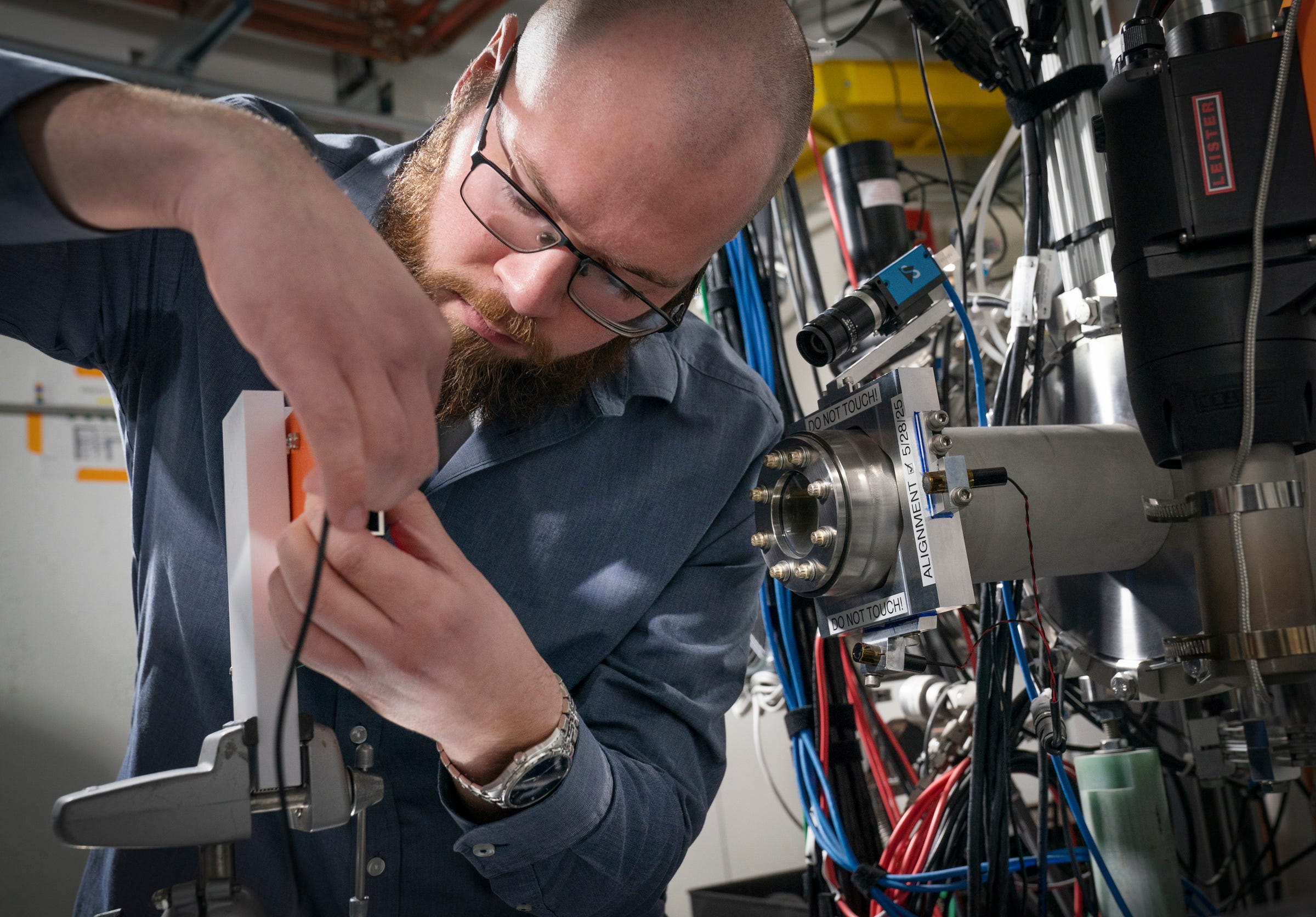
Researchers have made significant strides in gastrointestinal health by developing a new type of sensor that could replace traditional colonoscopies. According to a study published in the journal ACS Sensors, these innovative pills, composed of tiny microspheres filled with blood-sensing bacteria, can detect markers of gut diseases when ingested.
The oral “pills” not only contain bacteria that react to specific disease markers but also incorporate magnetic particles. This unique design allows for easy retrieval from stool samples, a feature that could simplify the diagnostic process for patients. The ability to collect samples non-invasively represents a potential breakthrough in how healthcare providers diagnose gastrointestinal conditions.
Transforming Gut Health Diagnostics
The implications of this research extend beyond comfort for patients. Traditional procedures like colonoscopies can be invasive, expensive, and often require significant preparation. In contrast, the new sensor pills could offer a less daunting alternative, encouraging more individuals to seek necessary testing. This approach aims to enhance early detection rates of conditions such as colorectal cancer and other gastrointestinal disorders.
The researchers emphasize the importance of early diagnosis in improving patient outcomes. By utilizing a non-invasive method, they hope to increase access to testing for those who may be hesitant to undergo traditional procedures. The study highlights that the bacteria within the microspheres are designed to respond specifically to certain biomarkers, making the detection process targeted and accurate.
The Future of Gastrointestinal Testing
As healthcare systems worldwide continue to seek innovative solutions to improve patient care, the potential for bacteria-based sensors in gut health is promising. If further testing proves successful, this technology could be integrated into routine health screenings, fundamentally changing how gastrointestinal diseases are diagnosed and managed.
The development of these sensor pills comes at a time when the demand for less invasive medical procedures is growing. Researchers are optimistic about the future, suggesting that these pills could revolutionize gastrointestinal diagnostics within the next few years. As the study progresses, medical professionals and patients alike will be watching closely to see how this groundbreaking technology evolves.
In conclusion, the introduction of bacteria-based diagnostic pills represents a significant advancement in the realm of gastrointestinal health. By providing a non-invasive testing option, this research could not only enhance patient comfort but also improve early detection rates of serious diseases. The potential impact on public health is substantial, paving the way for a new era in medical diagnostics.







